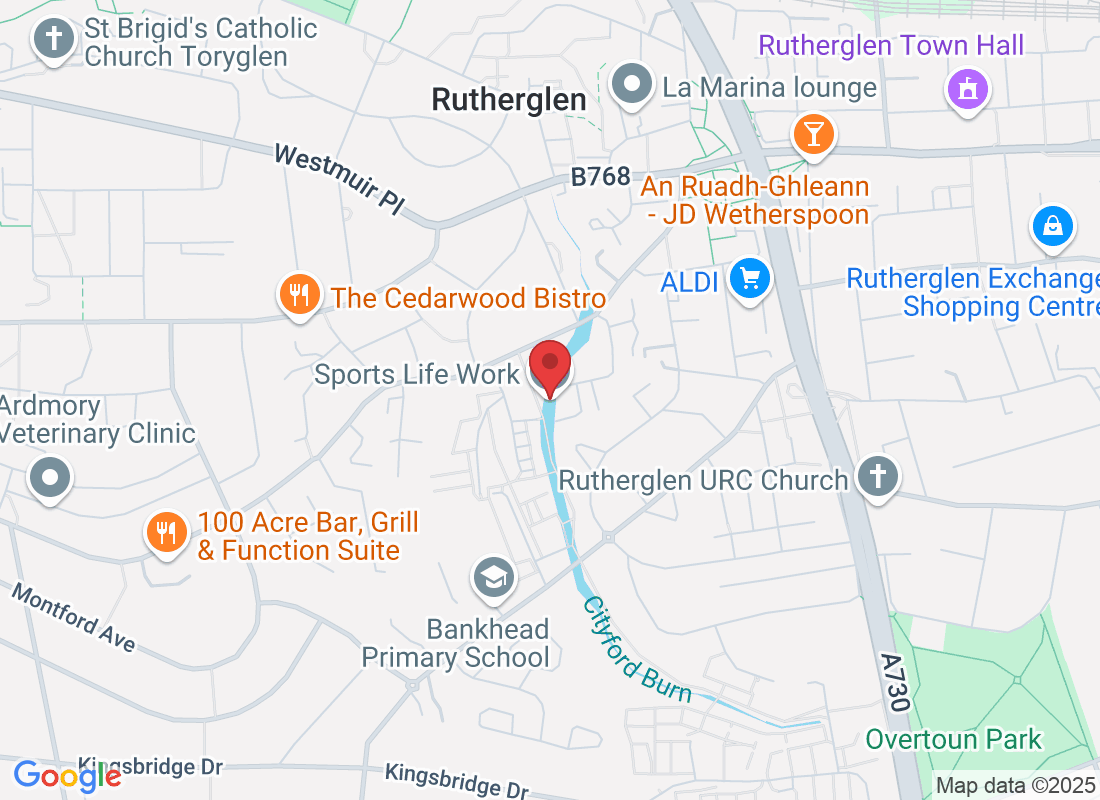Tips & Advice From Sports Life Work

Spotting Early Warning Signs of Common Sports Injuries
Have you ever felt a slight twinge in your knee while jogging or a mild ache in your shoulder after a workout? It’s easy to shrug off these tiny hints, especially when you’re buzzing with post-exercise energy. But those little signals could be your body’s way of telling you something important. At Sports Life Work, we believe that spotting early warning signs of common sports injuries can make the difference between a quick fix and a lingering problem that keeps you off the field or away from the gym for weeks—or even months.
Whether you’re a seasoned athlete, a weekend warrior, or just starting a new fitness routine, understanding your body’s red flags is key to staying active and pain-free. In this blog post, we’ll explore some typical early clues of sports injuries, why they happen, and what you can do about them.
1. Persistent Aches and Mild Pain
Every workout can leave you with some level of soreness, and that’s normal. But if a specific spot continues to nag you for more than a few days—or if the pain spikes during everyday tasks—that’s a sign something might be amiss. Pain is your body’s alarm system. When the same area bothers you again and again, your body could be warning you of an overuse issue or a brewing injury.
Why it matters:
Overuse injuries often build slowly. If you ignore them, they can turn into bigger problems like tendonitis or stress fractures.
Mild pain that won’t quit may be linked to how you’re moving. Something as simple as changing your running stride or adjusting your workout technique can help.
2. Swelling or Inflammation
If you notice puffiness or warmth around a joint or muscle, pay close attention. Swelling often follows some level of tissue damage, like a small tear or sprain. It might be subtle at first—maybe a ring that’s suddenly harder to remove, or a wrist that feels puffy when you bend it—but it can quickly develop into something more serious without proper care.
Why it matters:
Swelling can limit your range of motion, making you compensate in ways that strain other parts of your body.
Ignoring inflammation might set off a chain reaction of compensations that lead to more pain or injuries elsewhere.
3. Stiffness or Limited Range of Motion
Struggling to rotate your shoulder fully? Having trouble bending your knee after a run? When a joint doesn’t move as freely as it should, it may be a clue that inflammation, tight muscles, or micro-injuries are forming. Occasional stiffness can happen after intense exercise, but if the limitation is noticeable and doesn’t ease with gentle stretching and rest, it’s worth investigating.
Why it matters:
Early stiffness in a joint can hint at an impending issue like a meniscus problem in the knee or a rotator cuff strain in the shoulder.
You might unconsciously reduce movement to avoid discomfort, which can weaken the area and lead to further problems.
4. Unusual Sounds or Sensations
Sometimes, your body tries to communicate with clicks, pops, or grinding sensations. For example, you might hear a clicking noise each time you bend your elbow or knee, or feel a grinding in your shoulder during overhead movements. While not every click or pop is cause for alarm, consistent or painful noises often mean that something’s out of alignment or under stress.
Why it matters:
A catching or popping sensation in the knee could indicate cartilage issues.
Grinding in the shoulder might point to labrum or rotator cuff problems.
5. Sudden Weakness or Instability
Have you ever tried to push off your foot for a sprint and felt like your ankle was about to give way? Or maybe you went for a routine jump shot in basketball but landed feeling wobbly. Sudden weakness or a sense of instability can indicate that supportive structures—like ligaments or muscles—are strained, stretched, or even partially torn.
Why it matters:
Unstable joints are prone to more serious sprains and falls.
Early attention can prevent a mild sprain from turning into a full ligament tear.
6. Chronic Fatigue in a Specific Area
It’s normal to feel tired after a hard workout. But if one particular muscle group becomes chronically fatigued—even when you’re not doing intense exercise—it might mean you’re overloading that area or using incorrect form. Sometimes, the rest of your body is letting that muscle do too much work, leading to strain.
Why it matters:
Over-reliance on one muscle group can lead to imbalances, pulling your joints out of alignment.
Correcting form or incorporating targeted exercises can redistribute the workload and prevent injury.
Taking Action
If any of these warning signs ring a bell, don’t panic—but don’t ignore them either. Here’s what you can do:
Ease Up: Take a short break or modify your workouts to reduce strain on the affected area.
Apply Basic Care: Try using ice packs for swelling or gentle heat for stiffness. Light stretching can also help ease mild tension.
Evaluate Your Technique: Whether you’re running, lifting, or playing a sport, double-check your form. Poor alignment can set you up for trouble.
Seek Expert Advice: If a nagging issue persists, a sports therapy professional can assess your movement patterns, pinpoint the cause, and set you on a safe path to recovery.
Prevention Beats Cure
It’s far easier to deal with a minor ache now than a major tear later. By listening to your body and spotting these subtle hints, you’re being proactive in your care. At Sports Life Work, our goal is to keep you moving, performing, and thriving—without pain holding you back. If you have any questions or concerns, feel free to reach out. A little extra attention today could save you a whole lot of discomfort tomorrow.
Remember, it’s normal to have a twinge here or a sore spot there. But when those aches and pains refuse to go away, it’s your body’s way of telling you to slow down and investigate. Keep an eye on the early warning signs, take the right steps, and you’ll set yourself up for an injury-free future that lets you enjoy the activities you love, day in and day out.
Ask Sports Life Work And Their Team
Fill in the form to request a call from our team. One of our team members will call you for FREE and answer any questions or concerns you may have about your condition
Where To Find Sports Life Work

If you have any questions before scheduling an appointment or for general inquiries, please use the contact us button below. Our team will promptly reach out to assist you.
Opening Hours
Monday: 9.30am - 4pm
Tuesday: 9.30am - 4pm
Wednesday: 7am-4.30pm & 6pm-9pm
Thursday: 9.30am-4.30pm & 6pm-9pm
Friday: 10am - 4pm
Saturday: 9am - 1pm
Sunday: Closed

